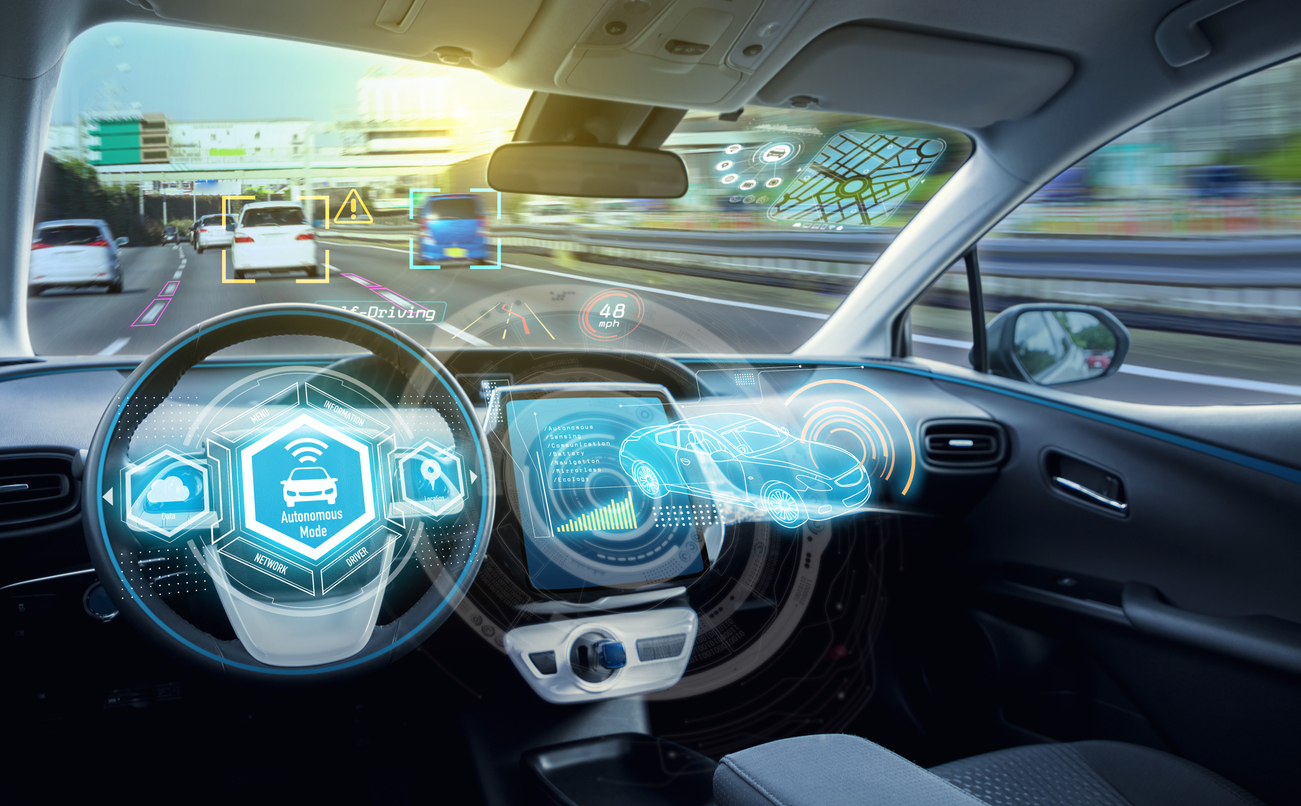Are Driverless Vehicles Legal in Colorado?
Autonomous, driverless, or self-driving vehicles are created in a way that enables them to detect their surroundings and steer themselves appropriately without human intervention. They use multiple technologies, such as computer vision algorithms and global positioning systems, to independently control, steer, and brake. Colorado has laws to regulate the safe use of self-driving cars.
Many people consider autonomous vehicles a significant part of the automotive industry. However, Denver personal injury lawyers say that while the cars are legal, they pose some safety challenges and unexpected consequences for road users. If you were injured in an autonomous car accident in Colorado, consult legal experts to evaluate your legal options.
What Are the Safety Challenges for Autonomous Cars?
Car accident attorneys in Denver express their concern that driverless cars will change how drivers interact with other road users. They will pose several risks because drivers may ignore the need to develop or retain the necessary driving skills to deal with significant road changes.
If an autonomous car’s system breaks down, some drivers may not know how to operate the car safely. Besides, traffic jams, extreme weather conditions, roadway debris, and other factors could prevent autonomous cars from operating correctly. Overall, the following are the safety concerns for self-driving cars:
Malfunction of Automated Systems
Self-driving cars have automated systems that should provide ample warning about speed limit changes, stop signs, and other changes in the surroundings. Unfortunately, automated systems sometimes fail, and when they do, they may not recognize road signs or alert a driver when they drift from their lane. Relying on the system could cause problems if the driver realizes when it’s too late.
Reduced Human Interaction
Computer systems can be programmed to recognize speed limits or road signs. However, the same can’t be said about programming them to identify people or animals on a roadway and taking the necessary subsequent action. Automated systems can’t anticipate the behavior of humans or animals, making it difficult to take appropriate measures to avoid accidents.
Hacking
Self-driving cars rely on computer systems to operate, and hackers and ill-intentioned people can bypass security features and firewalls to access the systems. Once they do, they could redirect a vehicle to cause an accident and gridlocks.
They can also access the system’s data, putting the vehicle owners at an increased risk of identity theft. Hacking claims can further complicate compensation claims in car accident lawsuits. Consult skilled Denver car accident attorneys for the way forward in such scenarios.
Fire Hazards
Self-driving cars use lithium-ion batteries, which pose a fire hazard if they overheat. They could explode and cause a fire that could spread to other vehicle systems. Unfortunately, a lithium-ion battery fire can’t be put out with water or a fire extinguisher, further complicating the situation.
Higher Risk of Accidents
The automated systems in driverless cars could reduce the likelihood of drivers rear-ending other vehicles because of the sensors. However, they still pose a few serious risks, as highlighted by car accident lawyers in Denver:
- The cars cannot sense when other drivers are not obeying traffic rules
- They have the potential for physical and computer defects
- They may be unsuitable for some weather conditions, mainly because heavy rainfall can damage the laser sensors mounted on the cars’ roofs.
Who Is Liable in an Autonomous Car Accident?
Car accident attorneys in Denver explain that when a crash occurs, liability generally falls on the driver who was in control of the vehicle at that time. However, the situation can be complex when a self-driving car is involved. If the cars become widespread, they could dramatically affect automotive liability and insurance rules.
Some crucial considerations would include:
- Insurance modifications: Autonomous car manufacturers and tech companies may shoulder more insurance costs and risks for self-driving cars than individual owners. However, consultations are ongoing on whether and when these changes may take effect.
- Mixed fleets: Liability questions will become more complex when autonomous and human-driven cars share roads during the transition period. Current laws will need to adapt.
- Changing regulations: As autonomous technology advances, federal and state lawmakers are working on updating liability and insurance rules. The aim is to balance the allocation of liability between manufacturers and drivers behind autonomous vehicles.
- Confidential data: The data stored in autonomous cars could raise significant lawsuit issues. Plaintiffs may require data logs and algorithm records to prove when a system failed, which could lead to the need for new privacy protections.
- Product liability: If a self-driving vehicle crashes due to a defect, technological malfunction, or error, the manufacturer or tech company could face more product liability claims. Plaintiffs could allege that the self-driving features were negligently designed.
Navigating all these factors when pursuing a compensation car in an autonomous car accident can be complicated. Let experienced Denver car accident attorneys help you beat the system to collect the compensation you rightfully deserve.
An Experienced Personal Injury Lawyer Helping You Navigate Safety Issues of Autonomous Cars
As autonomous cars become more common on Denver roads, it’s becoming increasingly important to establish a detailed regulatory framework to ensure the safety of road users. The laws should also make it easier for victims of autonomous vehicles to navigate liability and recover compensation for their damages.
Skilled Denver personal injury attorneys at Genco Injury Attorneys can provide more legal insights if you have a car accident claim involving an autonomous vehicle. We have provided legal representation for car accident victims for years and understand how to navigate the system. Call us at 720-802-9120 to schedule a FREE case evaluation.

